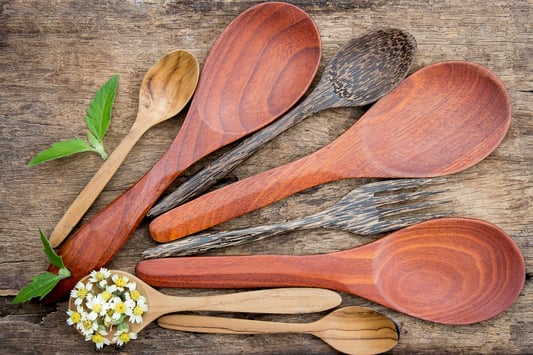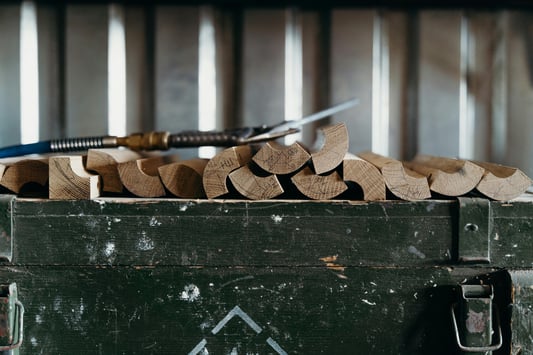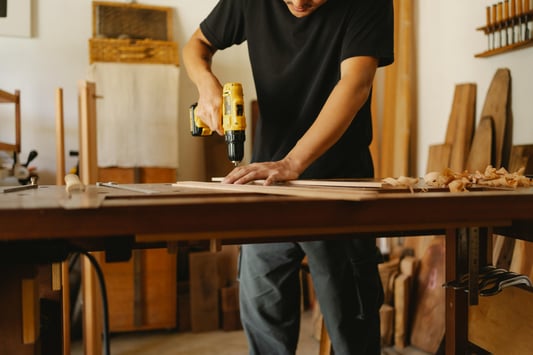Benefits of Regular inflatable pool inspectionInflatable pools require regular inspection to ensure they are in good working condition. Regular inspection can prevent accidents and extend the lifespan of the pool. Tools Needed for Inflatable Pool InspectionTo properly inspect an inflatable pool, you will need some basic tools such as a patch kit, water pump, pressure gauge, and a good quality pool cover. These tools will help you keep your pool in top condition.Checking for LeaksOne of the most important aspects of inflatable pool inspection is checking for leaks. Inspect the pool for any visible holes or tears, and use soapy water to identify any air bubbles that may indicate a leak.Monitoring Water QualityRegularly test the water quality of your inflatable pool using a water testing kit. This will help you maintain the right balance of chemicals and ensure the water is safe for swimming.Inspecting the Pump and FilterCheck the pump and filter regularly to ensure they are working properly. Clean or replace the filter as needed, and make sure the pump is creating enough circulation in the pool.Safety Inspections for Inflatable PoolsSafety should be a top priority when inspecting an inflatable pool. Make sure the pool is set up on a flat, level surface, and that all safety precautions are in place, such as barriers to prevent accidents.Protecting the Pool from Sun DamageExtended exposure to the sun can damage the material of an inflatable pool. To prevent sun damage, keep the pool covered when not in use and consider using a pool shade or sunscreen.Winterizing Your Inflatable PoolIf you live in an area with cold winters, it is important to properly winterize your inflatable pool. This includes draining the water, cleaning the pool, and storing it in a dry, cool place.Professional Inflatable Pool Inspection ServicesIf you are unsure about how to inspect your inflatable pool, or if you want a professional opinion, consider hiring a professional pool inspector. They have the expertise to identify and resolve any issues with your pool.ConclusionRegular inflatable pool inspection is vital for maintaining a safe and enjoyable swimming environment. By following these guidelines and staying on top of maintenance, you can ensure your pool is in top condition for years to come.Quote InquiryContact us!










